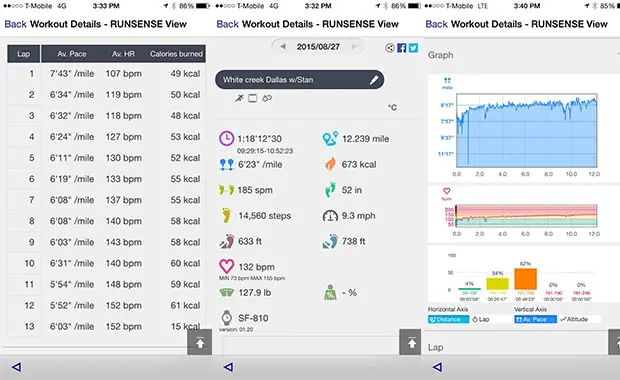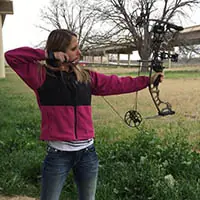ACTIVE: Can you talk about the importance of tracking pace, heart rate and distance during a race? How often do you check where you are—is it every mile, every few miles?
Meb: To start off, it's very important to track the first 400 meters, but after that, it's every mile. I have it set up so that it beeps and vibrates every mile on your wrist so I know where my pace is at every mile. Am I at 5:08, am I at 4:48, do I need to pick it up? There's a constant communication between how you're feeling, the pace and your heart rate. I don't check my heart rate when I'm racing, just because I'm competing (and that's my focus). At the same time, I have the ability to look at my watch and see if [my] heart rate is up—is it because [I'm] hurting or because the pace has picked up?
Marathon is about patience, so how can I relate that to the average person? You always want a negative split. You want to be able to hold back—that's what patience is. You can then finish strong. If you don't have a watch to know where you are with your pace, it's difficult to do that.
Meb then showed us screenshots of his workout that day, which are below. Keep in mind that this was an easy run for him.

ACTIVE: Looking back on when you first came to America from Eritrea [via Italy], did you ever expect that you would achieve such a high level of success in running? Was that a goal of yours?
Meb: No, it was not a goal. We came here because of opportunities. I didn't know running was a sport, to begin with. The only thing I knew about was soccer because I played makeshift soccer with balls we made from sewing together socks and plastic bags. My family lived in Italy, where soccer is huge, so I thought I might want to try soccer. But I didn't know about running until seventh grade. My middle school P.E. teacher told us that if we ran hard, we would get an A or B. I wanted to get the A, so I ran as hard as I could. In order to get a special T-shirt and picture in the gym, you would have to run the course in 6 minutes and 50 seconds—I ran a 5:20. That's when I discovered my talent. The P.E. teacher told me, "You're going to go to the Olympics." But I didn't speak English, so I didn't know what the Olympics were. But that's how it all started. He called the high school coach and connected us. My oldest brothers were running and I just followed in their footsteps.
ACTIVE: You're one of 10 children; where are you in age?
Meb: Third oldest. All my siblings have been to college and achieved high degrees. One is an electrical engineer, another is a doctor. They graduated from Stanford, Berkley and others. We maximized our opportunity that was provided to us.



